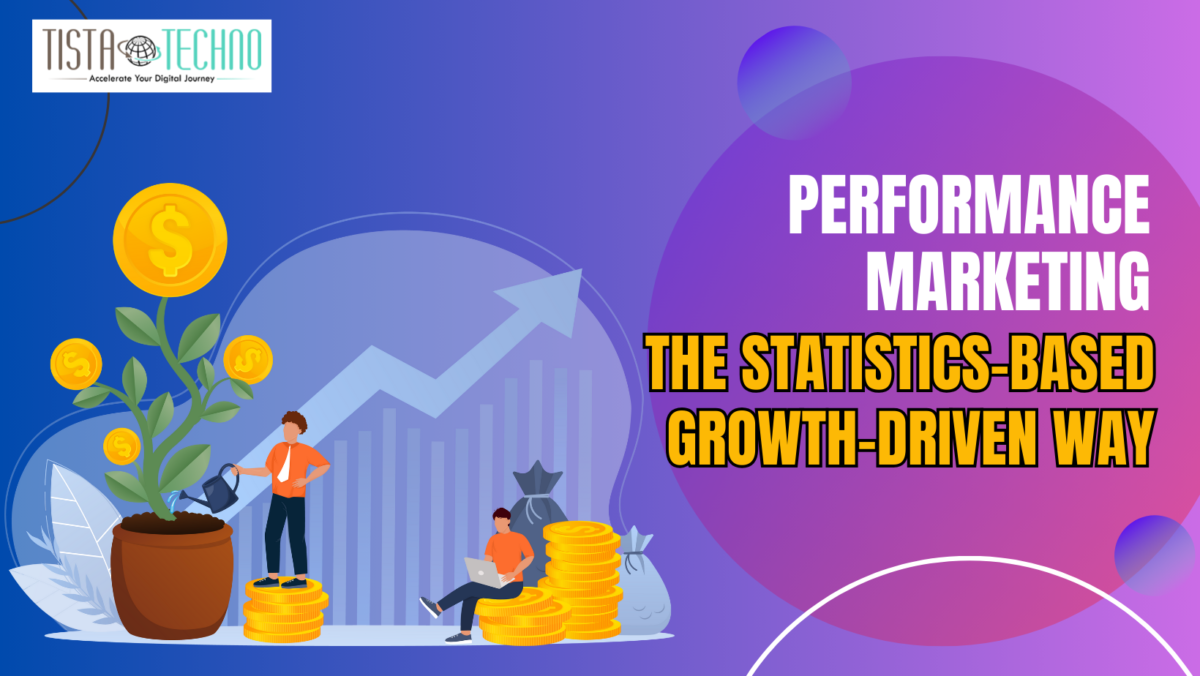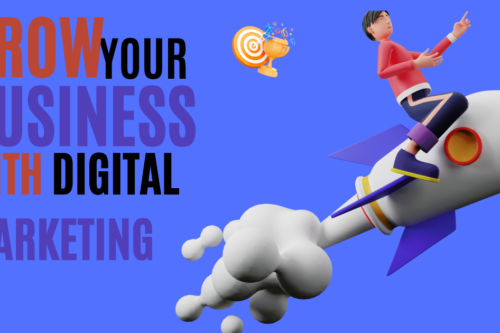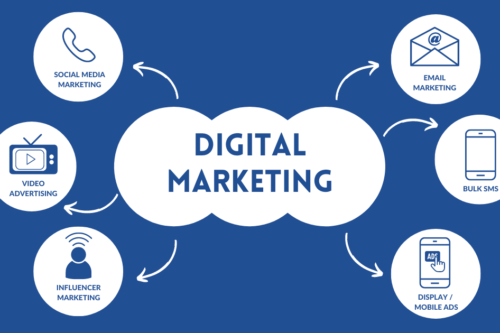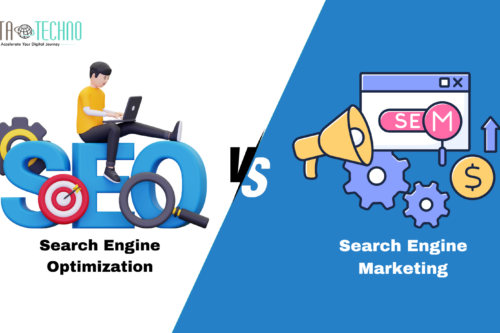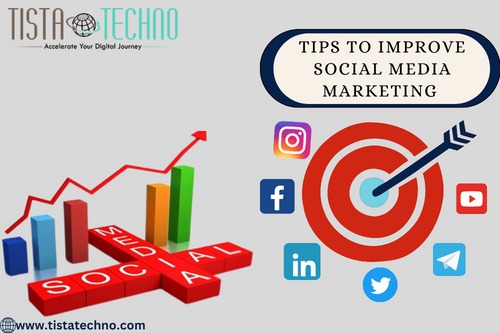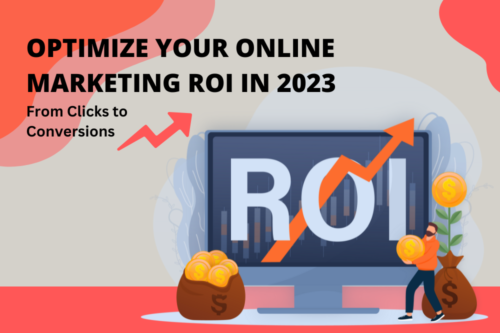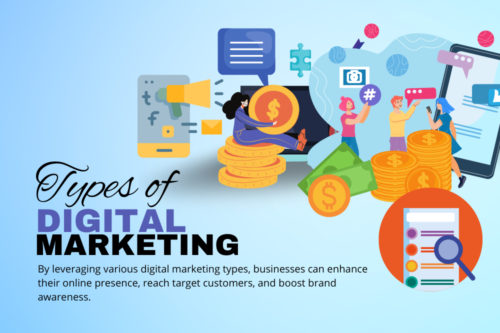Performance marketing is an innovative approach to the rapidly changing digital marketing landscape that has the potential to drastically change how businesses approach customer interaction and advertising. This concept represents an important difference from traditional approaches to marketing because it is based on measurable and statistical results. It’s time to examine the definition of performance marketing, how it differs from digital marketing, and develop an effective campaign strategy.
Here are some frequently asked questions related to performance marketing:
What is Performance Marketing?
Fundamentally, performance marketing is a broad approach that aims to achieve particular goals or results, like clicks, leads, or sales. It compare to traditional marketing methods that charge for time or space, enables businesses to pay only for the visible outcomes an advertisement gives, making it a highly efficient and ROI-focused strategy.

Performance Marketing vs Digital Marketing
Performance marketing is a part of digital marketing in which marketers focus on conversion rate. Digital marketing, as a whole, includes every marketing strategy that utilize a digital medium or the internet. Budgets for marketing may be spent more strategically thanks to this results-driven strategy, which guarantees that every penny spent is justified.
What is Performance Marketing in Digital Marketing?
Performance marketing is unique way of marketing in the field of digital marketing since it places a strong focus on conversions. To promote particular behaviors, it makes use of a variety of digital platforms, such as social media, affiliate marketing networks, and search engines. It differs from other general digital advertising strategies that could also try to raise awareness of the brand or consumer interaction without having any immediate conversion targets because of this obvious focus on results.
Brand Marketing vs Performance Marketing
The key goals and measures used to determine success separate performance marketing from brand marketing. Brand marketing focuses on long-term objectives over short-term concerns like direct conversion rates in order to gradually increase brand equity and consumer loyalty. On the other hand, performance marketing is all about achieving immediate and visible results that improve business’s cash flow.
Crafting a Performance Marketing Strategy
An effective performance marketing strategy involves a number of essential components:
1.Decide your goals: To start, decide what you want your campaigns to succeed in, such as increase in sales or to get more reach.
2. Choose the Right Platform: Decide which digital platforms best suit’s the tastes and habits of your target market. This might involve affiliate marketing, search engine marketing (SEM), or social media advertising.
3. Utilize Performance Marketing Tools: Make use of innovative platforms and tools that provide in-depth tracking and analytics features. Real-time campaign outcomes monitoring is made possible by these technologies, which also allow for quick optimization and modifications.
4. Optimize for Conversion: Put all of your effort into making landing pages and highly targeted advertisements that speak to your target audience and motivate them to take action that is required.
5. Test and Repeat: Use an ongoing testing strategy to discover the most successful combinations by trying with various ad creatives, targeting choices, and channels.
Performance Marketing Tools
Businesses may use a range of tools to organize, implement, and improve their performance marketing campaigns. Tracking key performance indicators (KPIs) and making data-driven choices need careful tool selection.
Some of the most popular performance marketing tools are:
Google Ads: The foundation of many performance marketing campaigns, gives advertisers the ability to plan, organize, and monitor search, display, and video campaigns with detailed information to measure ROI.
Meta Ads Manager: It is an effective tool for social media advertising that gives advertisers a wide range of targeting choices and performance statistics, allowing them to efficiently reach their target audience.
SEMrush: Providing a range of tools for search engine optimization, content marketing, and competitive research, SEMRush assists advertisers in making their websites, content more visible and increase in organic traffic.
Ahrefs: A vital resource for SEO and content marketing efforts, Ahrefs is well-known for its effective backlink analysing skills. It also provides tools for keyword research, content analysis, and site audits.
Google Analytics: With its ability to provide detailed insights into user behavior, website traffic, and conversion tracking, Google Analytics is probably the most popular tool in digital marketing. Marketers may make necessary adjustments to their strategies to increase success by knowing these statistics.
In summary
In digital Marketing, performance marketing is an approach that moves toward efficiency and responsibility. Businesses can significantly boost their marketing return on investment and promote long-term success by focusing on measurable results and utilizing the most recent methods and technology. Adopting a Outcome-based strategy will be essential to maintaining competition and success in marketing as the digital world changes more.

